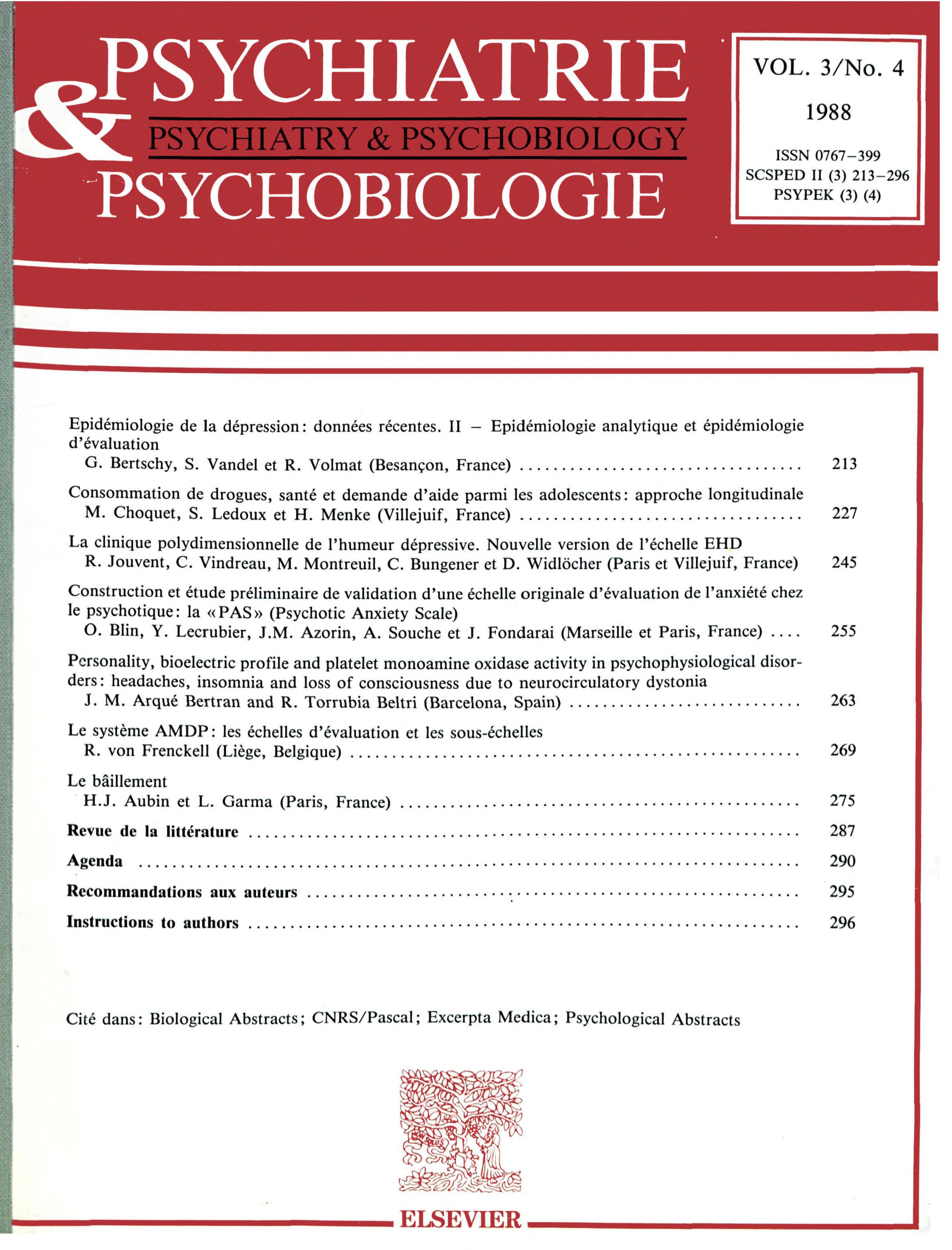No CrossRef data available.
Article contents
Actitudes retrospectivas de los pacientes esquizofrénicos con respecto al tratamiento psicofarmacológico no voluntario y la restricción
Published online by Cambridge University Press: 12 May 2020
Resumen
El considerable debate sobre la justificación de las medidas coercitivas en psiquiatría incluye argumentos médicos, éticos, legales y políticos. La experiencia subjetiva de los pacientes de las inyecciones involuntarias o la restricción apenas se investiga. Se utilizó una entrevista semiestructurada para valorar las actitudes retrospectivas en 40 pacientes (32 esquizofrénicos) tratados contra su voluntad con inyección de fármacos neurolépticos o sometidos a restricción. De estos pacientes, 48% evaluaron estas medidas como necesarias o positivas, 23% como negativas y 30% fueron indiferentes. Sólo los pacientes con buena comprensión de su enfermedad pudieron aceptar retrospectivamente el tratamiento involuntario como positivo. Las razones para el rechazo del tratamiento eran la inadecuación de las medidas (58%), la experiencia negativa previa con fármacos neurolépticos (47%; por ejemplo, acatisia) y reservas hacia el propio sistema médico (28%). Los sentimientos predominantes que experimentaban los pacientes cuando se enfrentaban a medidas coercitivas eran “miedo” e “impotencia”. La restricción suscitaba más aversión que las inyecciones. Los resultados apoyan la idea de que el concepto de enfermedad y la capacidad para reconocer la enfermedad mental son factores importantes que influyen en la decisión de un paciente esquizofrénico de aceptar o rechazar el tratamiento.
- Type
- Artículo original
- Information
- Copyright
- Copyright © European Psychiatric Association 1996




